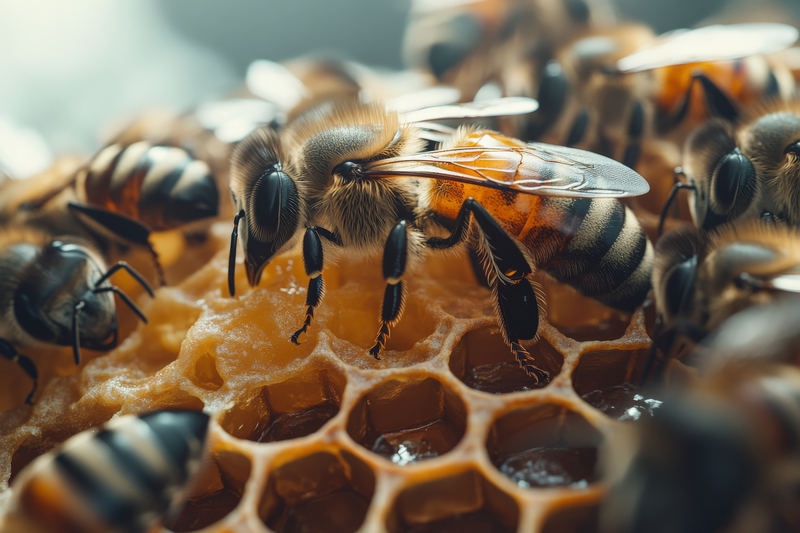An emergency application for farmers to use a neonicotinoid pesticide on sugar beet in England will not be granted, the Government has confirmed.
This is the first time in five years that an emergency authorisation of Cruiser SB – which contains the neonicotinoid thiamethoxam – has not been approved for use on sugar beet.
There is clear and abundant evidence that this neonicotinoid is extremely toxic to pollinators such as bees. Even at doses that are not directly fatal to bees, it can cause cognitive problems impacting foraging abilities and the productivity of hives.
Environment Minister Emma Hardy said: “Britain is currently one of the most nature depleted countries in the world. This government is committed to protecting bees from toxic neonicotinoid pesticides, while working with our farmers to find new ways to protect crops and support a profitable farming sector.
“We recognise the threat that virus yellows can pose to sugar beet growers, and we will continue to support industry to develop alternatives to neonicotinoids on sugar beet that are effective at high levels of yellows virus infection.”
However, NFU Sugar Board chair Michael Sly said: “Following the devastating impact that Virus Yellows disease has had on the British sugar beet industry in recent years, we are disappointed that our emergency application has not been granted.
“We must remember that any seed treatment would only have been used if an independent, scientific forecast of pest pressure had surpassed a threshold of severity to warrant its use.
“Recent VY disease pressures have caused crop losses of up to 80%, which has put farm businesses under huge pressure, at a time when the sector is already struggling with high production costs, extreme weather and the transition to Environmental Land Management schemes.
“As a result of not having this emergency application granted, growers will not have a single viable solution to protect their crop in 2025 in the event of severe disease pressure.”



